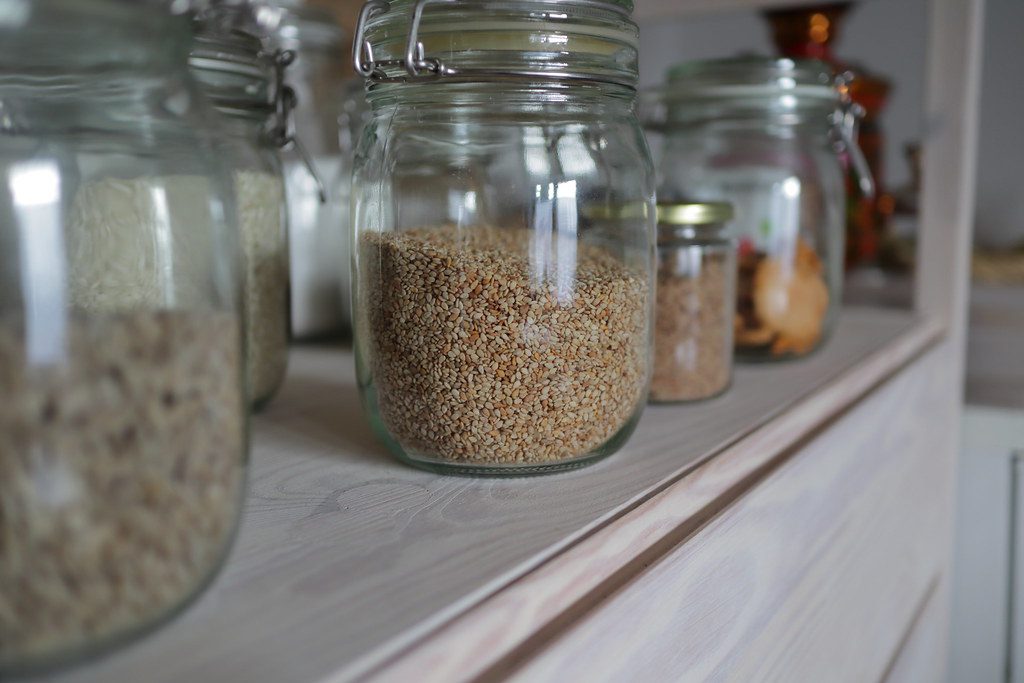Spanish-based Mimic Seafood is expanding its production capacity in Madrid to bring more consumers its tomato-based tuna sushi, hoping to deliver a plant-based alternative to seafood and offer some relief to overfished oceans.
“We believe consumers will welcome variety and that we will see a growing market for both plant-based, cell-based, and fermentation-based seafood,” Ida Speyer, CEO, and co-founder of Mimic Seafood, tells FoodIngredientsFirst.
Its plant-based seafood alternatives are currently available in Spain, Denmark, and the Netherlands, with the company expecting to launch in the rest of Europe in the next five years.
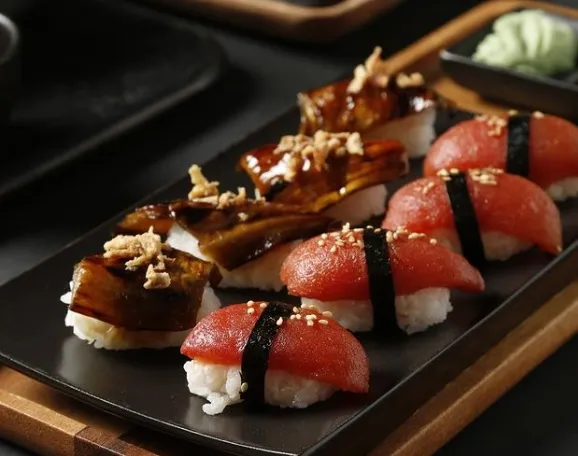
Tomato tuna?
The company also plans to launch new products next year to help restaurants diversify plant-based seafood on menus.
“We started with Tunato because we wanted a product that could substitute a very problematic fish, tuna. The fishing practices of tuna are extremely harmful and the fish itself can pose dangers to consumers such as high levels of heavy metals and microplastics,” explains Speyer.
Fish alternatives manufacturers are realizing the potential to alleviate consumers’ health concerns. Achieving that via either safer plant-based ingredients or through the controlled environments found in labs, such as with cultured seafood, in a bid to attract new customers.
Pearlita, a cell-based mollusks market player, is working toward developing food poisoning-proof oysters.
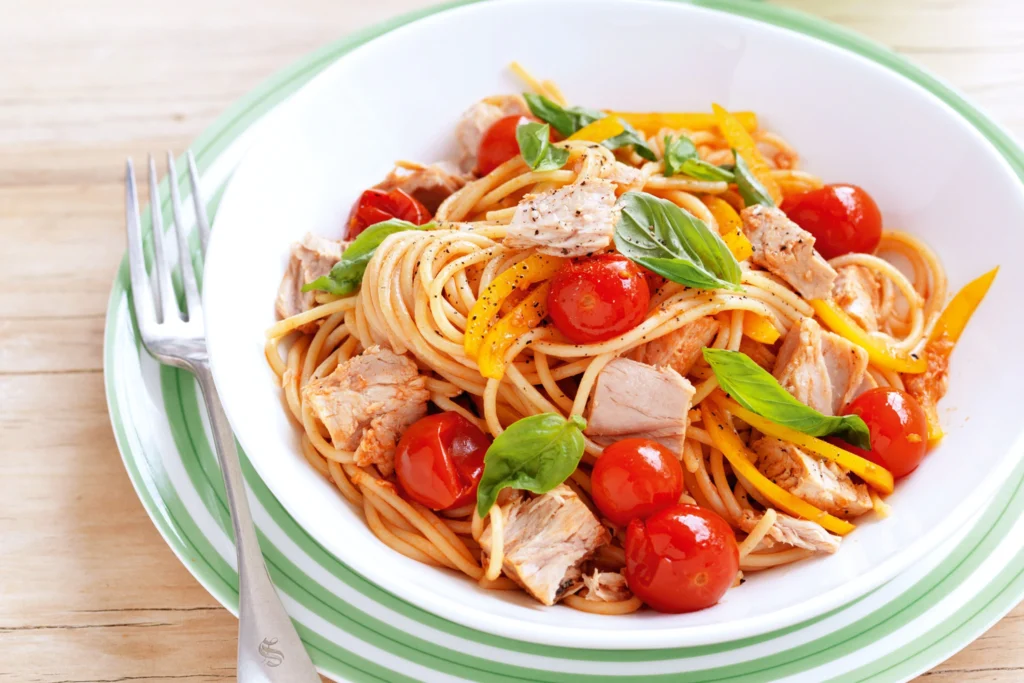
Mimic Seafood offers a clean label, five ingredients, tomato-centered sushi with olive oil, algae, soy sauce, and a spice blend.
“Tomatoes and raw tuna actually share around 100 flavor and aroma components, but we need to modify the tomatoes to achieve a taste and mouthfeel that resembles tuna. We use ingredients such as organic seaweed for this,” she notes.
Mediterranean diet
Fish is a staple food of Southern Europe and North Africa Mediterranean diet. However, Mimic Foods thinks that there is a market for plant-based alternatives to seafood.
“Many consumers in Mediterranean countries actively seek healthier ways to eat good food. As with many other new food categories, the first consumers we see embracing plant-based seafood are the younger consumers in urban areas such as Madrid, Barcelona, and Valencia,” Speyer explains.
Not depending on fish, simple ingredient lists are key to avoid supply chain issues. Product reformulation toward simple, clean label recipes has been a trend this year, next to local sourcing of ingredients.
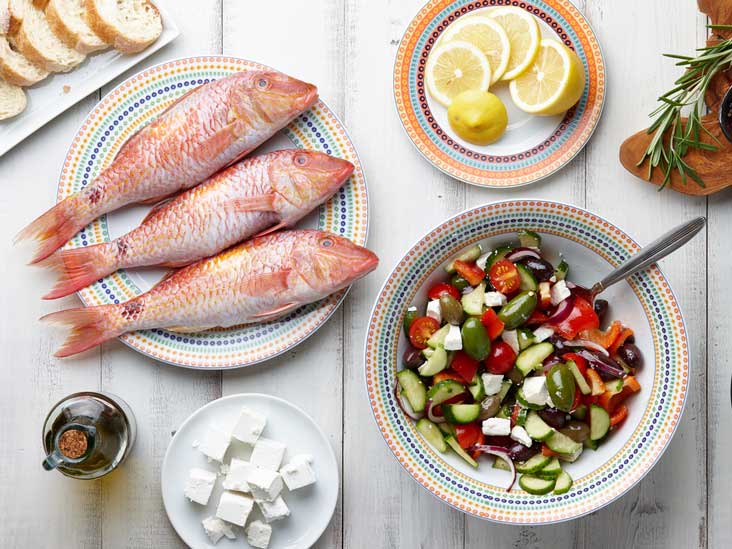
“We source most of our ingredients from family farms in Spain. Our network is based on very strong partnerships that allow us to trust our supply chain fully,” she notes.
Eel and even burgers
Aubergeel, an aubergine substitute to eel, is the latest incorporation of Mimic Foods to its catalog. Made of Japanese eggplant, soy, mirin, sake, whole cane sugar, rice vinegar, sesame oil, and cornstarch flour, it provides a more complex formulation than its tuna recipe but uses the same technique to recreate the eel flavor.
“It is a perfect substitute for marinated eel in dishes such as sushi or poke bowls,” notes the company.
Additionally, it can imitate Danish dishes such as smørrebrød, according to Speyer, a native of the nordic country.
“The launch of AubergEel coincides perfectly with the opening of our new, large-scale facility in Motril, Spain. We are ready to increase production to several hundred kilos per day and will be able to expand around the European markets at a much faster pace than before,” highlights the business.
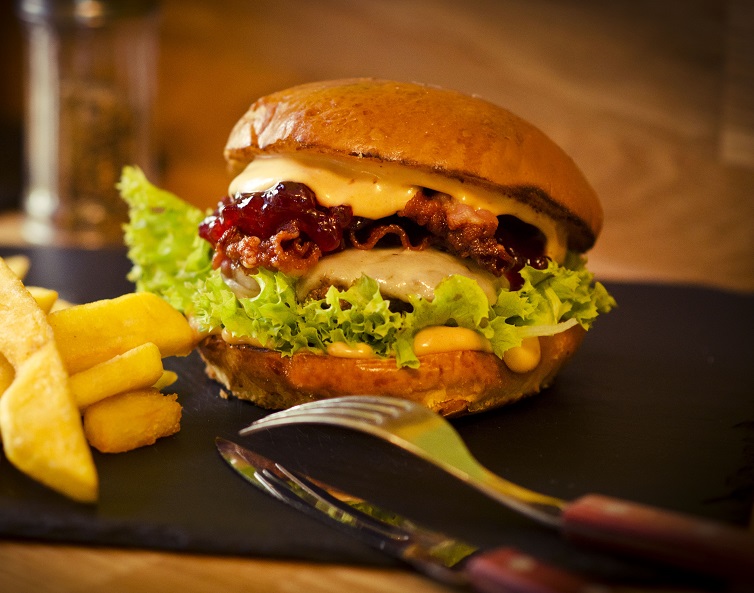
Furthermore, Tunato is a versatile ingredient that can be used in burgers as it adds both depth and flavor and a “refreshing umami note” that pairs “with virtually everything.”
The future of seafood
Industry’s conviction about the marketability of cell-based seafood has led to significant firsts for the sector, including “ocean-free” cultured oysters, shrimp, and even 3D printed fish.
“Conventional seafood production has reached its limits as more than 90% of edible fish stocks are exploited to maximum levels, which poses a serious threat to marine ecosystems,” Sebastian Rakers, CSO, and co-founder of Bluu Seafood told FoodIngredientsFirst.
Bluu Seafood is working toward bringing the first market-ready cultured seafood products. Presenting its fish fingers and fish balls, last week, which contain cultured protein as their main ingredient.
Cell-based shrimp manufacturer CellMEAT detailed its ambition to bring its flagship Dokdo cell-based shrimp to markets in South Korea, the US and Singapore by 2024.
However, South Korea has not yet approved a definition for cultivated meat, which explains CellMEAT’s target to first release its products in Singapore, the first country in the world to approve cell-based products.
Meanwhile, in the 3D printing camp, an international food tech company has signed a memorandum of understanding with Umami Meats for the joint development of 3D-printed cultured structured seafood.








